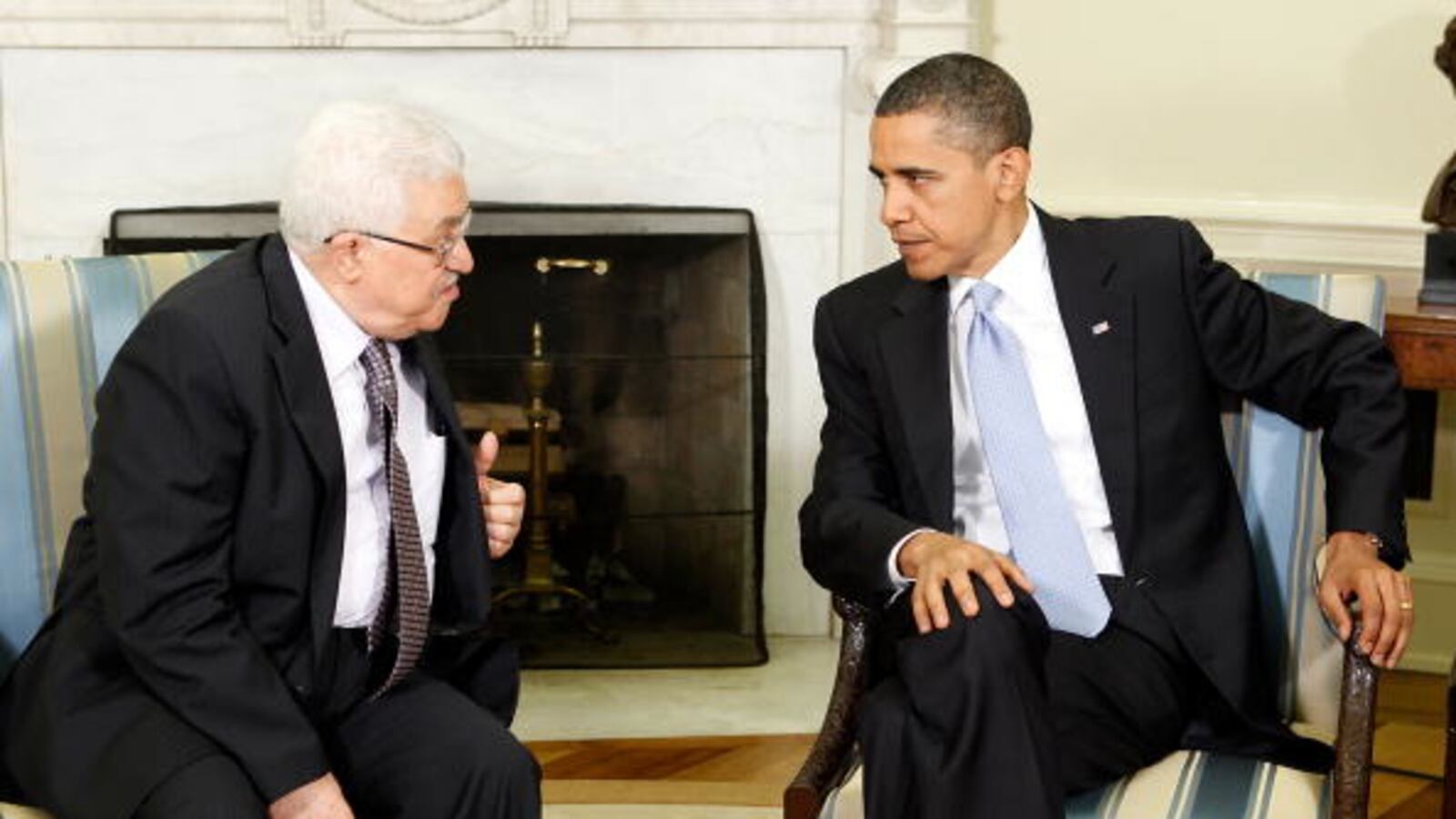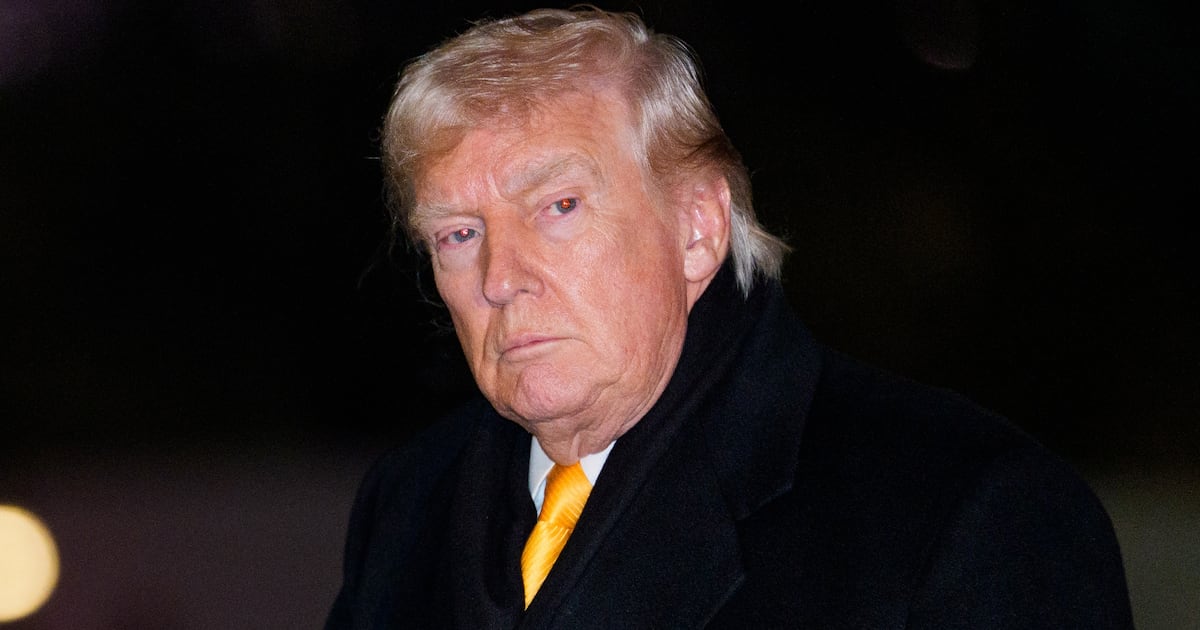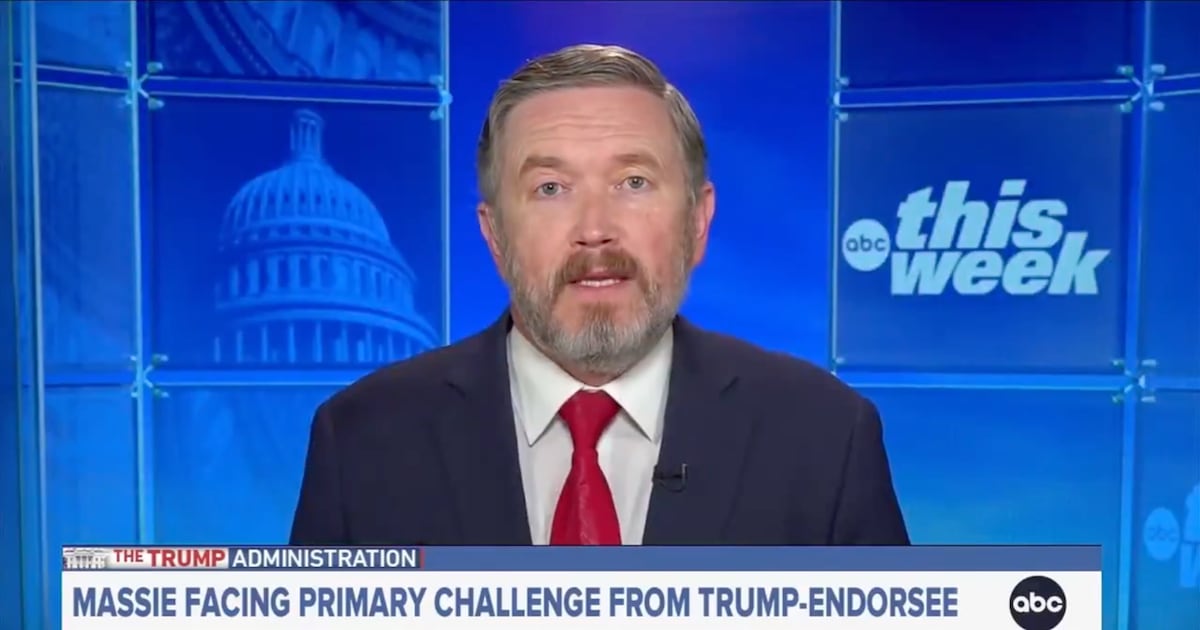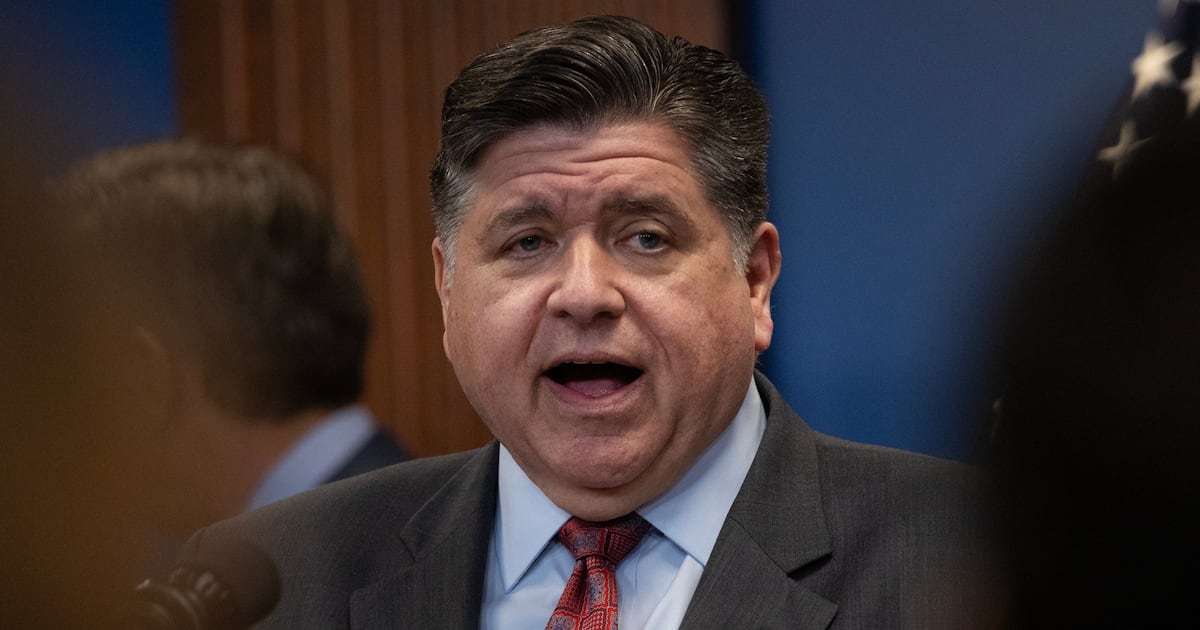For the second consecutive year, the Palestinians are seeking enhanced status at the U.N. It feels like a re-run of 2011, but there are significant legal and political differences that should not be overlooked.
In 2011, the Palestinians’ U.N. effort was a high stakes drama. Their quest to obtain full membership in the U.N., if successful, would have led to a termination of all U.S. funding to the U.N., due to anachronistic U.S. legislation dating from an era when the PLO was classified as a terrorist organization and the idea of Palestinian statehood was beyond the pale.

In the end, the Palestinians suspended that quest and the only casualty was UNESCO—which, because it granted the Palestinians full member status, saw an immediate halt to all U.S. funding. Predictions that other U.N. agencies would follow suit, with similar results, didn’t pan out. While some in Congress wanted to punish the Palestinian Authority (PA) by withholding U.S. assistance, the Obama Administration eventually over-ruled a key lawmaker, allowing funds to flow. Congress did pass new legislation—Section 7086 of Public Law 112-74—that would cut aid to the PA, but only if in the future it gained full member status in the U.N. or any U.N. agency, outside of an agreement with Israel.
This year, the Palestinians are seeking “non-member state” status, as opposed to full membership. Under existing U.S. law this effort, if successful, won’t trigger mandatory sanctions against the U.N. Public Law 103-236 bars U.S. funding for the U.N. or any U.N. agency if the Palestinians obtain “full membership as a state.” Public Law 101-246 bars U.S. funding for the U.N. and any U.N. agencies if the Palestinians obtain “the same standing as member states.” Neither law applies in a case of the Palestinians gaining non-member state status—a qualitatively different category of membership.
Likewise, the new U.S. legislation targeting PA assistance is only triggered if the Palestinians attain “the same standing as member states or full membership as a state.” Another section of that same law (Section 7036) could, theoretically, come into play, but only if pursuant to its admission to UNGA as a non-member state, Washington decided to treat the Palestinian Authority as a state. That section of law imposes conditions on U.S. assistance to a Palestinian state—conditions the Palestinians may already satisfy. Moreover, Section 7036 exempts from cuts any assistance intended to help the Palestinians meet the specified conditions, and grants the President the authority to waive the conditions if he deems it “important to the national security interests of the United States.”
None of that detracts from the fact that the Obama Administration, Israel, and others are scrambling to deter the Palestinians from pursuing their U.N. strategy. Israelis warn of consequences, including freezing of tax revenues (a vital source of income to the PA) and approval of new settlement construction (a threat that loses some of its potency given the already constant stream of settlement approvals).
There have also been intimations of repercussions for U.S. assistance to the Palestinians and the U.N.—despite the fact that none are mandatory under existing U.S. law. Of course, Congress could decide to change the law to impose punishments on the U.N. and/or the Palestinians. Moreover, assistance to the Palestinians for fiscal year 2012 is already frozen due to a Congressional “hold” that pre-dates the emergence of this U.N. question. U.N. action on the Palestinians will likely render that hold even firmer.
For its part, the Obama Administration has made clear that it opposes this new Palestinian effort. Its objections center on concerns that non-member state status in UNGA could open the door for full member status in additional UN agencies, triggering additional funding cut-offs, and could lead to Palestinian accession to the Rome Statute, giving the Palestinians access to the International Criminal Court.
These are the same concerns that were at issue in 2011. However, President Obama today has far more room to maneuver than he had in the fall of 2011 or even a few short weeks ago, given his decisive re-election victory on November 6. As a result, this U.N. year’s U.N. drama need not be treated as a crisis.
As I wrote in 2011, the Palestinians’ efforts to gain recognition for their cause at the U.N. isn’t about rejecting negotiations or trying to impose an agreement on Israel. Rather, it reflects the total loss of credibility of the peace process and the Palestinians’ understandable conclusion that if something doesn’t change, and soon, the two-state solution will be lost.
Like in 2011, the Palestinians’ latest U.N. initiative is framed in terms that are broadly consistent with longstanding U.S. policy (i.e., supportive of two states based on the 1967 lines and mutually-agreed solutions to permanent status issues like refugees, Jerusalem, and borders). In this context, and coming on the heels of last week’s election, President Obama now has an opportunity to act boldly to demonstrate that in his second term in office, he intends to re-accredit this policy, and the two-state solution, in the eyes of the Palestinians and the world. How he acts in response to this Palestinian initiative will be widely viewed as signaling the direction his second term will take on this issue. Welcome or not, this is an opportunity he should take care not to miss.





